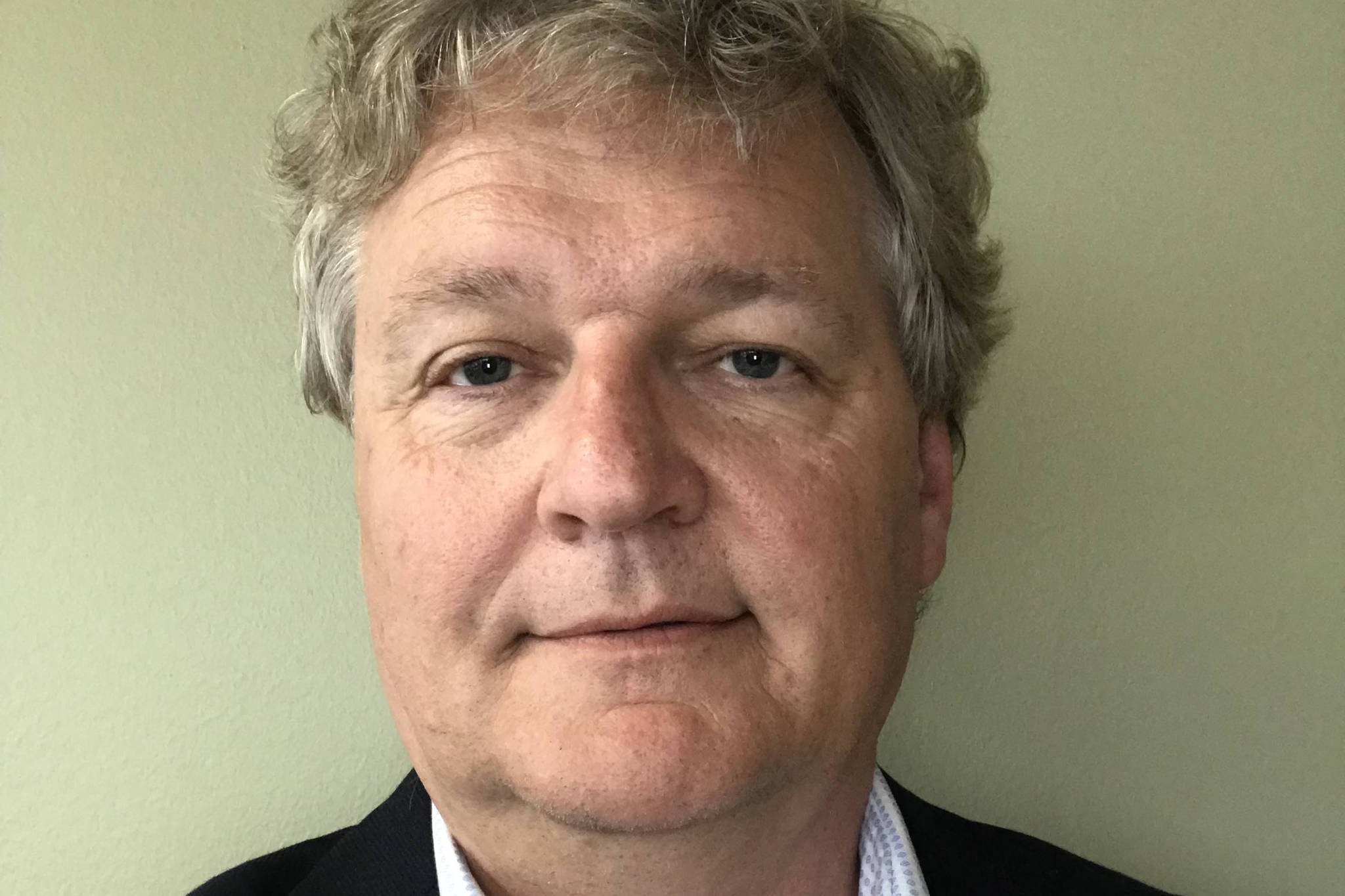Those looking for a silver lining in the “summer of COVID” might find one in a variation on the old good news/bad news story. The bad news is the tourist industry shutdown has kept most visitors away during our peak outdoor recreation season. The good news is that Alaskans have had the whole place to ourselves!
Many Alaskans finding themselves isolated, indoors or unable to travel this year have found welcome relief in heading outdoors for safe, socially distant recreation in our great outdoors. They’ve been fortunate to discover, or rediscover, the common treasure we have in Alaska State Parks.
Alaska State Parks is a division of the Department of Natural Resources also known as the Division of Parks and Outdoor Recreation. As stated by those who created the system 50 years ago, our mission is “to provide outdoor recreation opportunities and conserve and interpret natural, cultural, and historic resources for the use, enjoyment, and welfare of the people.”
Our 122 employees manage the nation’s largest state park system, which includes the nation’s biggest single state park (Wood-Tikchik State Park in Southwest Alaska); Denali State Park (which borders and complements the U.S. Park Service’s Denali National Park and Preserve); Chugach State Park (Anchorage’s backyard playground) and many smaller but no less-loved parks in every corner of the state. It encompasses hundreds of miles of trails, scores of campgrounds, boat launches and river boardwalks, and many other elements that make Alaska accessible to all.
This system has faced many challenges this year, some originating in COVID-19 and associated impacts, others rooted in ongoing longer-term issues such as earthquakes, flooding, coastal erosion, bark beetle infestation and excessive wildland fires. The division has also responded to the state’s fiscal challenges, by reducing its operating budget by 10% and enhancing revenues over the last five years to stabilize our finances.
As an agency that directly serves Alaskans, Alaska State Parks works hard to seek out, listen for and respond to suggestions and criticism, and works hard to be transparent about our challenges and how we strive to meet them.
The pandemic has disrupted life for many, and Alaska State Parks is no exception. The summer’s combination of more visitors and fewer staff has led some to some people experiencing limited or unavailable space at popular campgrounds, higher traffic on trails, or short-term overflowing of bathroom facilities and dumpsters.
Some on editorial pages or social media have recently complained that not every state park unit is in prime condition. A few have even insinuated that we’ve neglected remote spots favored by Alaskans in favor of others oriented toward commercial tourists. We have also heard thanks for quickly reopening some parks after removing beetle-killed tree hazards, and for opening others we feared might have to stay closed all summer.
When it comes to campground operations, we’ve faced national travel restrictions that kept away the visiting campground hosts and temporary workers who typically help us manage and monitor our parks each summer. We have responded by prioritizing the most popular sites, imposing temporary closures on others, and enlisting much-appreciated help from willing volunteers.
While it may have been easy in the past to blame “those darn Outsiders,” this summer’s shown that sometimes those abusing or trashing our parks are Alaskans themselves. We invite all who love our parks to help maintain them, either by joining organized volunteer maintenance and cleanup crews, or just carrying trash bags and picking up trash — including pet waste — while hiking or camping.
When it comes to maintaining park facilities, Alaska State Parks has for years tracked what’s become significant backlog of deferred maintenance needs, mostly attributable to aging infrastructure, years of constrained budgets and ever-increasing use. We’ve responded by prioritizing the most significant public health and safety issues, e.g. clean toilets, safe water and critical maintenance. We’ve also been creative in soliciting federal agencies, philanthropic organizations and volunteers for the money, resources and manpower necessary to provide park services at the highest level possible.
Park management has also reached out to both established and emerging user groups, to help us integrate their thoughts and concerns into our short- and long-term management plans through full public processes. And we have been brainstorming to seek innovative ways to help all Alaskans who benefit from parks, whether directly and indirectly, share the responsibility for supporting them.
Ask any Alaskan why they’re here, and one of their top reasons is probably the chance to live and play in our beautiful, clean natural environment. We at Alaska State Parks share this love for outdoor recreation; many of us have made it our life’s work. Our team will continue to work with the resources available to meet COVID-19 and all other challenges, and manage our parks for the use, enjoyment and welfare of all Alaskans.
Ricky Gease is director of Alaska State Parks.
• Ricky Gease is director of Alaska State Parks.

